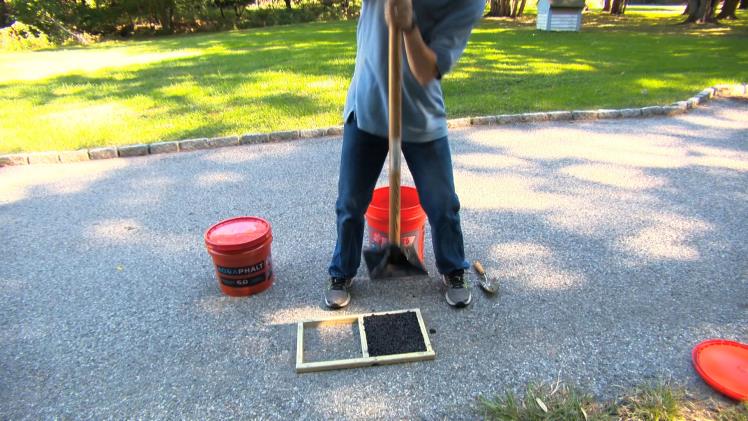Asphalt is one of the most popular materials for surfaces such as driveways and parking lots. It’s low-cost and typically low-maintenance, potentially lasting for decades when cared for properly. However, asphalt still takes a lot of abuse, and you’ll need asphalt driveway repair from time to time as it becomes damaged.
So let’s take a look at how to know it’s time for asphalt driveway repair, and what your options are.
1. Do You Need Asphalt Driveway Repairs?
It’s not uncommon to see very light pitting or hairline cracks in an asphalt driveway. These are normal, and often simply caused by slight changes in the asphalt’s temperature as it heats and cools during the day. However, keep an eye out.
You’re looking for:
- Large potholes
- Deep pits
- Pitting so rough that it becomes difficult to clean
- Cracks that are wider than .25 inches.
These are the signs that your asphalt is in need of repair, and they will only get worse until it’s repaired.
2. DIY or Professional Asphalt Driveway Repairs?
For small cracks or potholes, it’s entirely possible to do a patch job yourself. Home improvement stores typically sell asphalt filler products, which can be trowled on fairly easily. However, remember you’ll also need sealant to put over the top, or else your patch won’t hold.
However, this is only going to work for smaller cracks, or potholes up to around a foot across. If the damage is more extensive than that, you’ll probably want professional repairs. For example, when repairing larger potholes, it’s typically better to simply cut away the entire section and re-fill it with fresh asphalt.
Or, if your asphalt features numerous cracks and holes, you may need resurfacing. This is exactly what it sounds like. Your asphalt contractors would first scrape off the upper layer of the asphalt, then lay down a new surface across the entire blacktop. This is a great way to restore your asphalt to a “like new” look, without paying for a full replacement.
3. Should You Consider Asphalt Replacement?
There can also be situations where repairs would be so difficult or costly that simply replacing the entire asphalt surface is going to be the best long-term solution. This is expensive, but sometimes it’s necessary.
In particular:
- If the asphalt is older than around 25 years old, it will naturally start to degrade
- More than 25% of the asphalt is in bad condition
- The underlying ground has shifted, creating an uneven top layer with visible bumps and depressions
- The asphalt itself has become unstable and can be felt shifting beneath vehicles
In these situations, repairing will just be throwing good money after bad. Replacing the asphalt will eliminate your asphalt driveway repair costs, and give you a fresh new blacktop that should go years without needing more maintenance.
Asphalt is a great surface for driveways and parking lots. Treat it well, and you’ll get many years of service.

